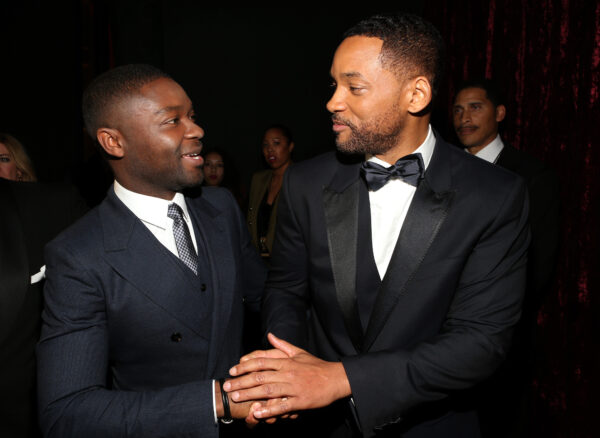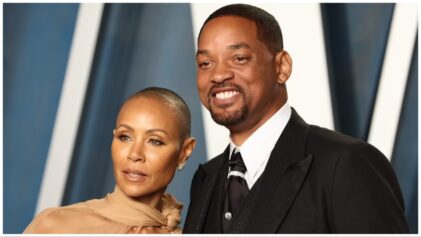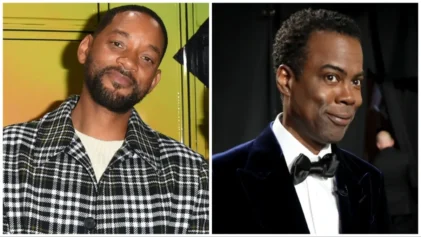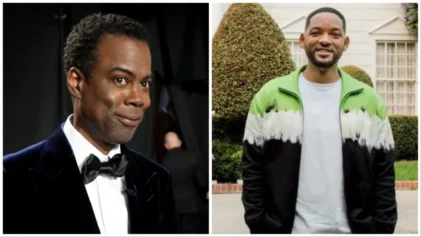While the world awaits to hear what actions if any, the Academy will take against actor Will Smith after the Oscar winner slapped comedian Chris Rock while onstage, actor David Oyelowo worries about the effect it’ll have on inclusion of diversity in Hollywood.
In a guest column the “‘Selma” actor wrote for The Hollywood Reporter, Oyelowo shared his thoughts on the “unfortunate” and “dramatic incident in which public opinion, politics, and race collide.”

The 46-year-old recalled two major moments in the ceremony’s history. This includes the 2015 Ava DuVernay-directed film “Selma,” in which he portrayed Civil Rights leader Martin Luther King Jr., mostly being left out of the nominations.
He also noted his 2017 viral reaction to the award show’s big blunder when “La La Land” was incorrectly announced as Best Picture when the film “Moonlight” had actually won. However, Oyelowo wrote, “Nothing could have prepared me for what was to come” during the 94th-annual show, which aired on Sunday, March 27.
“The moment I slowly realized the nature of what had just occurred on the stage at the Dolby Theatre, I was confronted by the same rising anxiety all Black people feel when the face that flashes up on the news after a crime is reported is a Black one,” the actor wrote. “You find yourself thinking, ‘What does this mean for us?’ What does that mean for me?’ “
Later at an Oscars after-party, he was still processing, having just watched Smith walk on stage and slap the “Good Hair” star almost immediately after making a joke about Jada Pinkett Smith’s shaved head, he experienced his own “ugly.”
He continued, “I walked into an Oscars afterparty and was immediately confronted by that which I feared. An older white gentleman sidled up to me with relish in his demeanor and said, ‘He should have been dragged right out of there.’ ”
Oyelowo noted that it wasn’t essentially what the man had said to him, but instead “the way he said it. I know that relish,” the actor said. “I know that demeanor, and it is ugly to its core in all of its coded messaging.”
The English actor also noted that since #OscarsSoWhite, “great gains” have been made by the Academy “to improve its disgracefully uneven racial and gender demographics.” He also highlighted the great lengths it took to expose “Hollywood’s big lie” — that “Black films and artists don’t travel” or perform any less than white-led projects. “Will Smith himself had a big hand in debunking that lie,” he added.
It’s because of that, the actor said it “would be naive” to assume that the Smith-Rock incident would not be “pushed, by some industry professionals, through the lens of race [by] the same folks who resisted the inclusion measures.”
He continued, “My fear is that this unfortunate incident, which has us all processing, will have a negative effect on the ongoing push for inclusion.”
Oyelowo wrote that while the Academy has a decision to make, much of which will be done “through an unconscious — or conscious — bias,” it is “a bias that still governs so much of the decision making in Hollywood. It would be tragic if a bid to prevent such an incident from happening again becomes an excuse for ideas about inclusion and diversity to backslide.”


